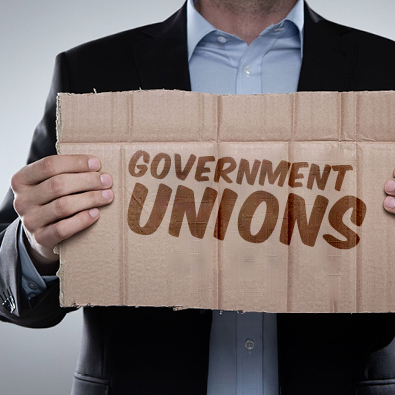Media

Myth: Paycheck Protection Affects Firefighters’ Freedom of Speech
According to a WTAJ report in Altoona, there is some concern among firefighters that paycheck protection legislation would silence their voices in Harrisburg. This is wrong on two counts—firefighters are exempt, and paycheck protection promotes rather than stifles free speech.
First, firefighters and other public safety workers are governed under different sections of Pennsylvania’s collective bargaining laws, and would retain the right to bargain for payroll dues collection under proposed legislation. Here is the legislative language of House Bill 1507 (paycheck protection):
Employes subject to the conditions of the act of June 24, 1968 (P.L.237, No.111), referred to as the Policemen and Firemen Collective Bargaining Act, and public employes subject to sections 805, 806 and 1001 shall retain the right to collectively bargain for membership dues deductions. [emphasis added]
The language in Senate Bill 1034 also includes the same exemption. Neither paycheck protection bill would affect public safety workers’ ability to bargain for automatic dues deduction.
Second, and more importantly, paycheck protection does not end the ability of unions to collectively bargain, nor does it prevent unions from engaging in politics. If a union member wants to donate to a political cause through their union, they’re free to do so.
Paycheck protection does not ban union political speech, but simply requires government union leaders to collect their campaign contributions and political money directly from employees, without the help of taxpayer resources.
The Supreme Court agrees that paycheck protection supports, rather than violates, freedom of speech. In 2009, the court ruled in Ysursa v. Pocatello that Idaho’s paycheck protection law, which prohibited taxpayer collection of political money, “does not restrict political speech, but rather declines to promote that speech by allowing public employee check-offs for political activities.”
Paycheck protection is a matter of fairness and good government. No individual or group should be prohibited from engaging in the political process, but the playing field must be fair. Paycheck protection seeks to accomplish this by ending government unions’ unfair political privilege.